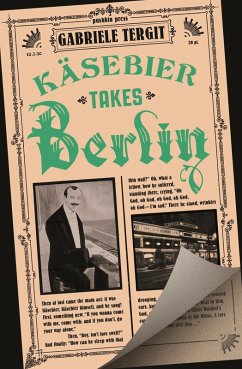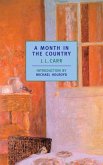In Berlin, 1930, the name Käsebier is on everyone's lips. A literal combination of the German words for "cheese" and "beer," it's an unglamorous name for an unglamorous man - a small-time crooner who performs nightly on a shabby stage for labourers, secretaries, and shopkeepers. Until the press shows up.
In the blink of an eye, this everyman is made a star: one who can sing songs for a troubled time. All the while, the journalists who catapulted Käsebier to fame watch the monstrous media machine churn in amazement - and are aghast at the demons they have unleashed.
Dieser Download kann aus rechtlichen Gründen nur mit Rechnungsadresse in A, B, BG, CY, CZ, D, DK, EW, E, FIN, F, GR, H, IRL, I, LT, L, LR, M, NL, PL, P, R, S, SLO, SK ausgeliefert werden.









